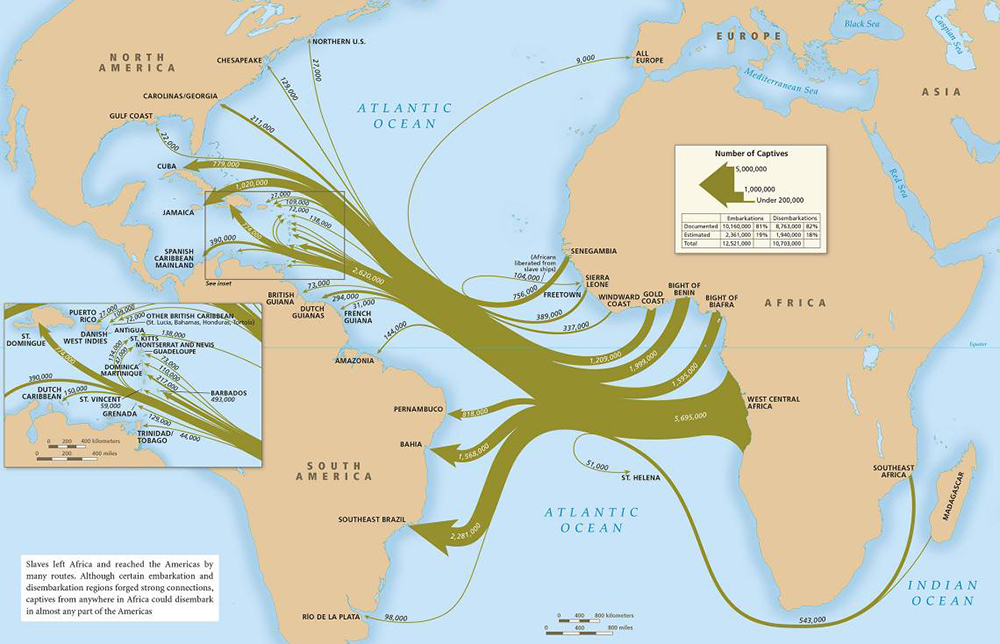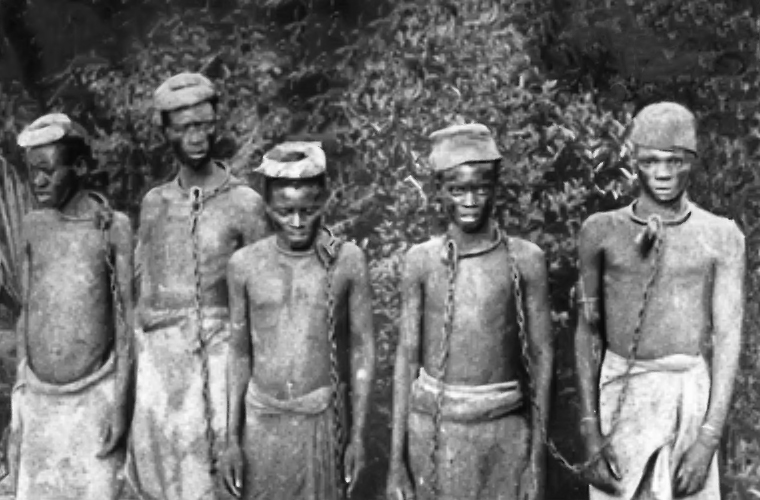European slave traders played a key role in the transatlantic slave trade, which lasted for over 400 years and resulted in the forced migration of millions of Africans to the Americas. The trade began in the 15th century, when Portuguese explorers began trading for slaves in West Africa, and it continued until the 19th century when it was finally abolished in many countries.
The transatlantic slave trade was driven by a number of factors, including the demand for cheap labor in the New World, the growth of European colonial empires, and the desire for profits among European traders. European slave traders were primarily Portuguese, Spanish, British, French, and Dutch, and they established trading networks that spanned the Atlantic.
European slave traders would typically sail from Europe to West Africa, where they would trade goods such as textiles, firearms, and alcohol for enslaved Africans. They would then transport the slaves across the Atlantic to the Americas, where they would be sold at auction to work on plantations and in other industries.

The trade was a brutal and dehumanizing enterprise, and European traders often resorted to violent means to capture and transport slaves. Many slaves died on the journey across the Atlantic, which came to be known as the Middle Passage, due to disease, malnutrition, and mistreatment.
The transatlantic slave trade had a devastating impact on African societies, as millions of people were forcibly removed from their homes and families, and many communities were destabilized by the trade. The legacy of the transatlantic slave trade can still be felt today, as it contributed to the creation of enduring systems of racial inequality and oppression in the Americas.
Efforts to acknowledge and address the legacies of the transatlantic slave trade are ongoing. Many countries have issued apologies for their role in the slave trade, and there are ongoing efforts to promote reparations and restorative justice for the descendants of enslaved Africans. The transatlantic slave trade serves as a reminder of the horrors that can result from the intersection of economic interests, colonialism, and racism.

